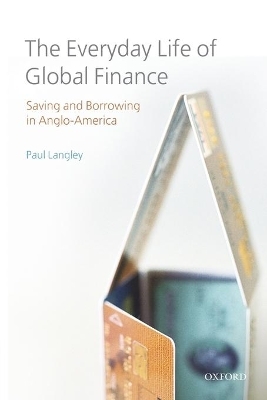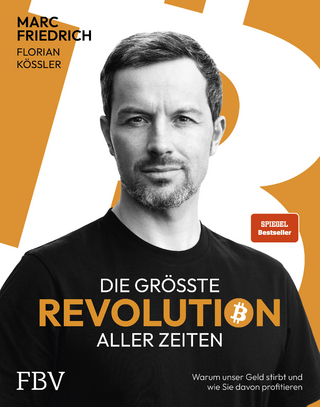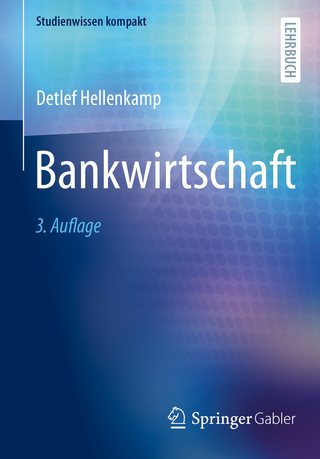
The Everyday Life of Global Finance
Oxford University Press (Verlag)
978-0-19-957396-7 (ISBN)
In the US and UK, saving and borrowing routines have changed radically and become closely bound-up with the capital markets of global finance. As mutual funds have increased in popularity and pension provision has been transformed, many more individuals and households have come to invest in stocks and shares. As consumer borrowing has risen dramatically and mortgage finance has been extended to those deemed sub-prime, so the repayments of credit card holders and mortgagors have provided the basis for the issue and trading of bonds and other market instruments.
The Everyday Life of Global Finance explores the unprecedented relationships that now bind society and the markets, challenging the dominant tendency to simply position recent developments in Wall Street and the City of London at the centre of contemporary finance. Grounded in literature from the sociology of finance and international political economy, drawing on the social theory of Callon, Foucault, and Latour, and informed by extensive empirical research, the book shows how global finance has become mundane and ordinary in Anglo-America. Finance is not 'out there somewhere', but is embedded in the calculative technologies and performances of reconfigured saving and borrowing networks, and is embodied through the assembly of everyday financial identities and self-disciplines. Society's new-found relationships with the financial markets are also shown, however, to be marked by stark inequalities, manifest contradictions, and political dissent.
The Everyday Life of Global Finance is thus an ambitious and innovative contribution to our understanding of the contemporary financial world.
Paul Langley is a political economist at the Division of Politics and History, Northumbria University, UK. While his principal research focus is on finance and the financial markets, Paul has also published on issues such as globalization, civil society, and environmental governance. He is author of World Financial Orders (Routledge, 2002), and his work has appeared in journals such as Competition and Change, Cultural Critique, Environment and Planning D, Global Networks, Review of International Political Economy, and Review of International Studies. Paul is also presently serving as Convenor of the British International Studies Association's (BISA) International Political Economy Group (IPEG).
INTRODUCTION ; 1. Networks, Power, Identity, and Dissent ; PART I: SAVING ; 2. From Thrift and Insurance to Everyday Investment ; 3. Pensions and Everyday Investment ; 4. The Uncertain Subjects of Everyday Investment ; 5. Socially Responsible Investment ; PART II: BORROWING ; 6. The Boom in Everyday Borrowing ; 7. Inequalities in Everyday Borrowing ; 8. The Uncertain Subjects of Everyday Borrowing ; 9. Dissent in Everyday Borrowing ; CONCLUSION ; 10. The Sub-Prime Crisis
| Erscheint lt. Verlag | 12.11.2009 |
|---|---|
| Verlagsort | Oxford |
| Sprache | englisch |
| Maße | 156 x 233 mm |
| Gewicht | 492 g |
| Themenwelt | Betriebswirtschaft / Management ► Spezielle Betriebswirtschaftslehre ► Bankbetriebslehre |
| Wirtschaft ► Volkswirtschaftslehre ► Finanzwissenschaft | |
| Wirtschaft ► Volkswirtschaftslehre ► Wirtschaftspolitik | |
| ISBN-10 | 0-19-957396-4 / 0199573964 |
| ISBN-13 | 978-0-19-957396-7 / 9780199573967 |
| Zustand | Neuware |
| Haben Sie eine Frage zum Produkt? |
aus dem Bereich


